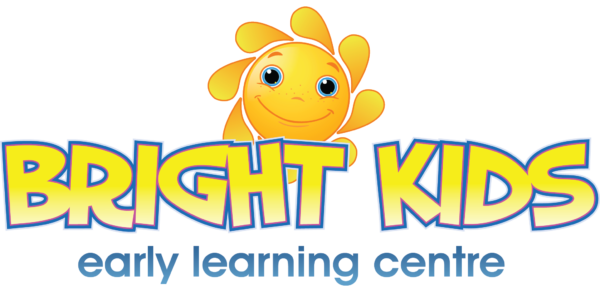What’s Cooking In The Snake’s Room?
Involving children with cooking in early childhood, teaches them how food is prepared, cooked and how healthy eating habits contribute to their overall wellbeing.
Children enjoy cooking experiences and involving them from the preparation through to food on the plate… opens their minds to trying new things. It’s never too early to get children comfortable in the kitchen and it offers many life benefits and reaches many developmental milestones.
Cooking, Maths and Science
What does maths and science have to do with cooking? One of the 7 biggest life lessons we take away as adults is, to be able to learn faster… make it fun!
- As children melt cheese, they learn about science;
- When they measure a cup of milk for the cake mix, they learn about measurements, volume and sequencing; and
- As the children peel carrots, knead dough and stir mixtures they are not only supporting their physical development, the children are also extending their vocabulary.
Benefits Of Cooking Experiences
Preparing food with the children teaches them about good nutrition and cultural preferences. Children work together to see a task through to completion and take pride in a group task.
- Children learn to develop independence – following a recipe by referring to picture signs;
- Encourages children to collaborate with others – sharing and talking turns when using cooking equipment;
- Enables children to develop self-help skills – preparing own snacks;
- Help children to learn about nutrition – preparing healthy snacks;
- Develops fine motor control – chopping vegetables, squeezing lemons, stirring batter;
- Enhance hand/eye co-ordination – cracking an egg; and
- Understand direction – stirring clockwise and anti-clockwise.
What it looks like in the classroom
- Making cupcakes – Each child helped measure, pour and mix the ingredients. We offered assistance to pour the mixture into cupcake tins and we finished the experience with giving each child the opportunity to decorate their own cupcakes before devouring them for afternoon tea.
- Banana bread – When our children asked for another cooking activity, we all voted for banana bread.
- Making playdough and slime- helps children understand their senses, such as touch and scent. To improve creativity to the sensory experience add new things in it, such as stars or glitter.
click on the link for some fun slime recipes Messy Little Monster: Slimehttps://www.messylittlemonster.com/search/label/Slime?&max-results=20
As a result of the cooking experiences children learned to measure, share, improve hand-eye coordination, fine motor skills, language development and team work.
Extending On Interests
- Home corner play – children love role playing and mimicking what they see their parents do on a regular basis. Pretend cooking in our room is an everyday occurrence. They Pretend to slice the vegetables, make sandwiches and cupcakes.
- Playdough play – to follow up on the interest of cooking we play with playdough and the children used the cupcake tins to make playdough cupcakes and used sticks for the candles.
Try This At Home
When cooking at home with your child, plan on messy play and converse with them about how the food:
- Smells;
- Tastes’;
- Looks; and
- Feels.
Extend learning by explaining how heat changes food and how many cups/tablespoons/teaspoons you are using. Cooking appeals to children’s senses and provides a wealth of learning opportunity.
That’s all this month from Miss Hannelie, Miss Ruby and the Jomgwongs
Also please follow our Facebook and Instagram Pages and stay up to date


